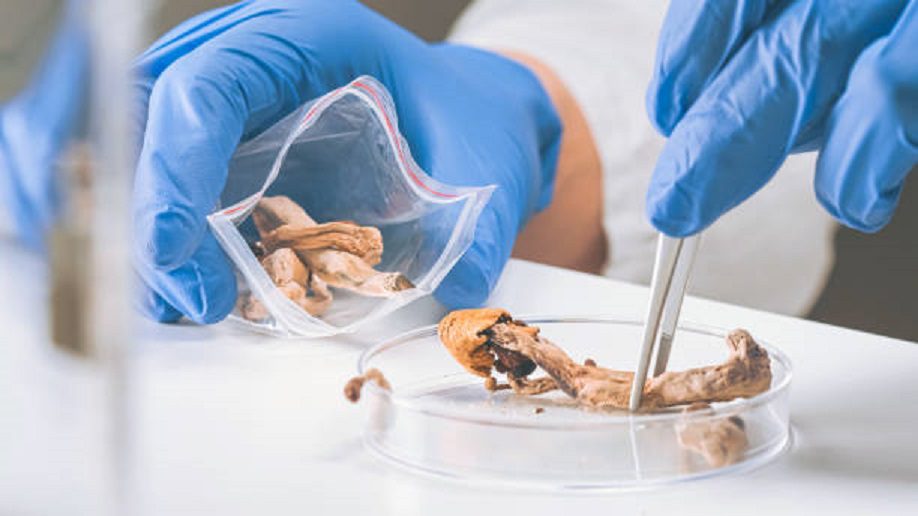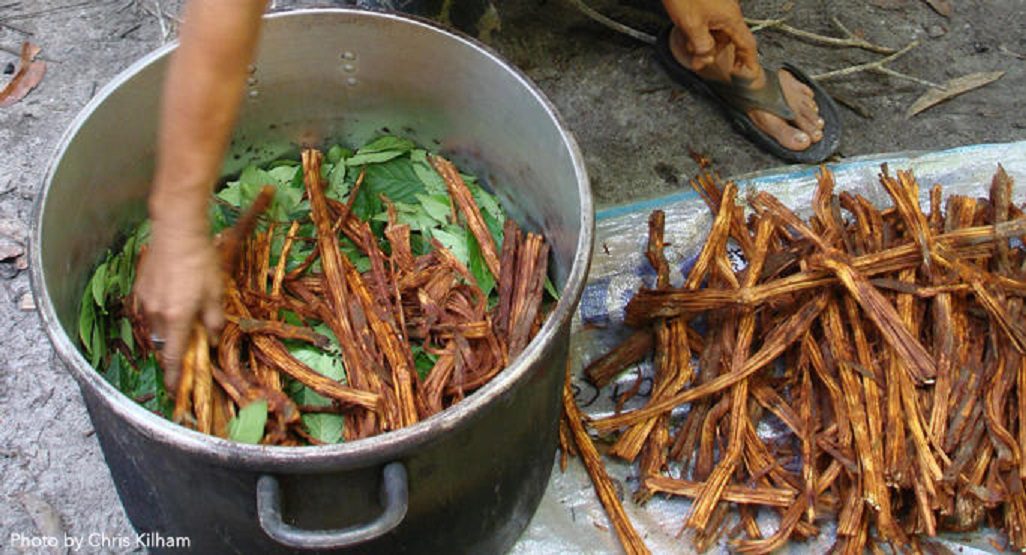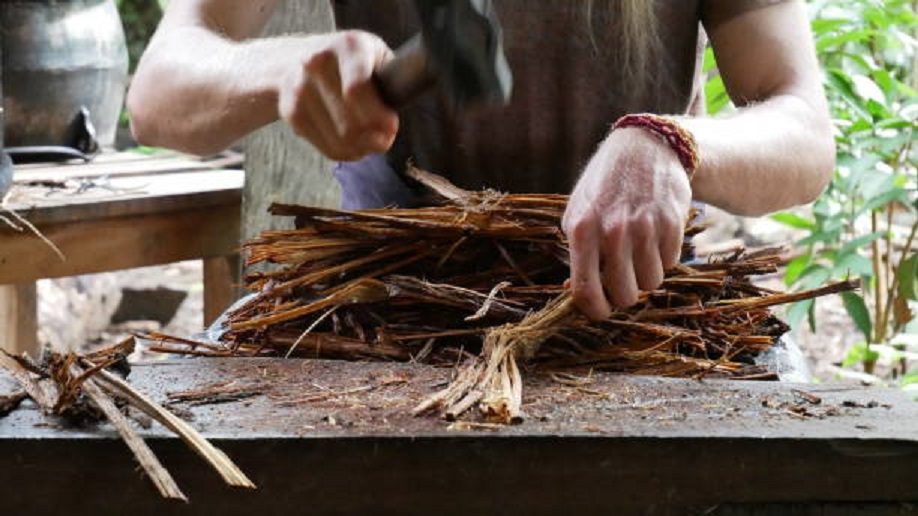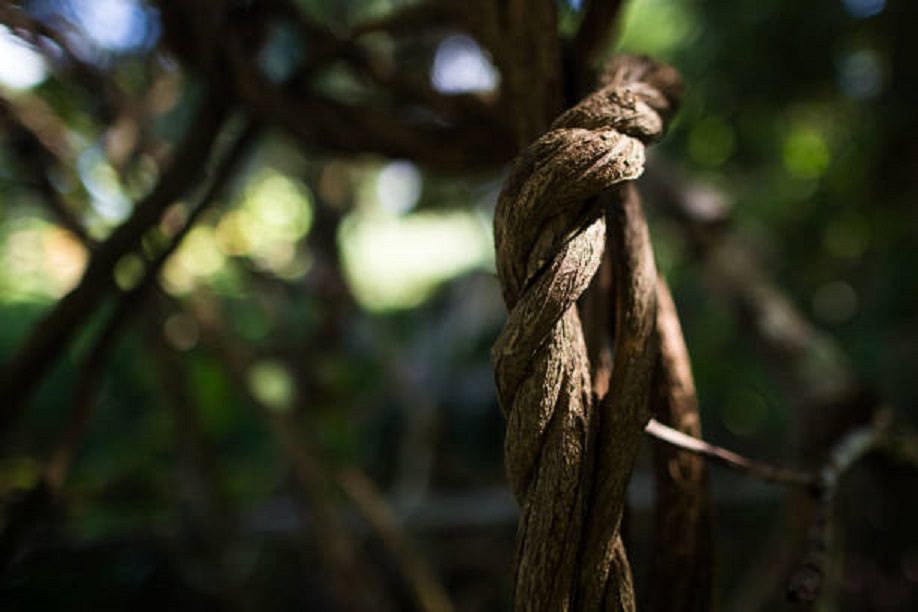Psychedelic Integration Coach Accreditation: Bridging Perspectives on Ancestral Medicine

The psychedelic sector is rapidly expanding. As an emergent field in therapy and personal transformation, the opportunities for highly-skilled, experienced coaches, therapists, and psychedelic professionals, are endless.
There is a tremendous need for qualified and experienced integration coaches and therapists to support people around their profoundly transformational journeys.
Many of the existing psychedelic training programs are focused on the clinical administration of psychedelic medicines such as ketamine, MDMA, and psilocybin. Academic curricula in these programs tend to orient towards psychotherapeutic frameworks, clinical research, pharmacology, and neuroscience.

Admission into these programs is typically limited to licensed psychotherapists, clinicians, and medical professionals, or those with academic credentials in social work, mental health counseling, and religious studies.
This disqualifies a significant portion of the plant medicine community, many of whom have been working ceremonially with plant and fungi medicines for years, if not decades, through lineage-based training and apprenticeships.
Other accredited programs with less stringent requirements involve a 2-3 year commitment, offering the equivalent of Master’s and Ph.D. level accreditations.
However, as the field continues to evolve, discussions about accreditation and certification standards have sparked intense debates, especially when it comes to ancestral medicine practices. At the heart of the matter lies the tension between Western academic concepts of accreditation and the preservation of indigenous wisdom and traditions. This article delves into the complexities of accreditation in the coaching field, shedding light on the absence of universally agreed-upon third-party certification standards. We’ll also explore how the application of Western accreditation models to ancestral medicine practices can be seen as a form of colonization, raising important questions about the legitimacy and ethics of such practices.

Diverse Perspectives on Accreditation
One of the fundamental challenges surrounding accreditation in the coaching field is the lack of a universally accepted standard. Unlike more established professions like law or medicine, where specific qualifications are generally agreed upon, coaching draws from a wide range of disciplines and methodologies. This diversity has led to a plethora of certification programs, each with its own set of criteria and standards. As you can imagine, choosing a credible coaching program can be a daunting task for aspiring coaches, especially those in the psychedelic space.
In the context of integration, the coach should have the competency to support their clients in processing the psychedelic experience they’ve had and offer them tools, techniques, and resources that help weave those insights into their daily lives. They should also practice integrity and skillful discretion regarding their scope of practice, referring clients on to licensed professionals when necessary.
Some integration coaches help clients prepare for their journey through intention setting, preparing the body, mind, and the space, and harm reduction strategies, such as advising about testing substances, dosage, and emergency interventions to have available.
There are 3rd party organizations like the International Coaching Federation (ICF) or the International Association of Coaches (IAC). But in order for a coaching school to offer ICF or IAC accreditation, the school would need to:
- Have a curriculum founded on ICF or IAC coaching methods, which is completely different than plant medicine integration and
- Be taught by certified ICF or IAC trainers.
At present, The Plant Spirit School does not have any plans to integrate ICP or IAC coach training into our curriculum.
Critics argue that the push for standardized third-party certification can lead to gatekeeping, where only those who adhere to specific models gain recognition, inadvertently sidelining alternative and effective approaches. This concern becomes even more pronounced when considering ancestral medicine practices that originate from indigenous cultures and have been passed down through generations.
Is someone with Westernized academic credentials inherently more “qualified” to offer psychedelic support?
Decolonization and Ancestral Medicine
In the context of decolonization efforts, the application of Western accreditation standards to ancestral medicine practices raises important ethical and cultural questions. The term “decolonization” refers to undoing the harmful effects of colonization and restoring indigenous knowledge, culture, and self-determination. Ancestral medicine practices are deeply rooted in the cultural fabric of indigenous communities, and they embody centuries of traditional wisdom and healing techniques.
Applying Western academic accreditation to ancestral medicine practices can, in these cases, be viewed as a continuation of colonial narratives, where indigenous knowledge systems were historically devalued or suppressed.
This risks perpetuating power imbalances and erasing the cultural context that gives these practices their unique effectiveness. It’s crucial to recognize that accreditation is rooted in Western academia and may not align with the holistic and community-based nature of ancestral medicine.

Questioning the Status Quo
As an organization committed to decolonization, The Plant Spirit School encourages a more inclusive and culturally sensitive approach to accreditation in the coaching field.
It’s important to critically examine the implications of imposing Western standards on practices that have flourished independently for generations. Rather than dismissing ancestral medicine as “unaccredited,” we should celebrate its cultural significance and explore ways to honor and integrate these practices without compromising their integrity.
The Plant Spirit School Coach Certification program is a training program that explores the intersection of psychedelic science and ancestral plant spirit medicine, integrating new and ancient paradigms of healing and wholeness while learning about the cultures that use ayahuasca, huachuma, and psilocybin. It is taught by a collection of experienced ceremony facilitators, therapists, and coaches.

Conclusion
Accreditation in the coaching field is a complex and multifaceted issue that requires careful consideration. The absence of universally agreed-upon certification standards leaves room for diversity, but it also opens the door to potential gatekeeping. When it comes to ancestral medicine practices, the application of Western accreditation models must be approached with sensitivity and respect for indigenous cultures and traditions. By embracing a more inclusive and culturally aware perspective, we can navigate the complexities of accreditation while preserving the richness of ancestral wisdom.
